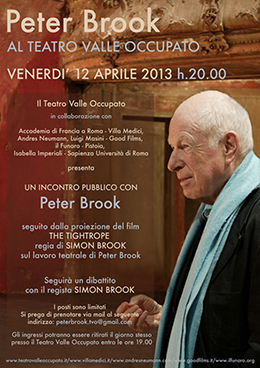Modal Will's little brother
The surprising thing about this grammar is how difficult it is to find good examples of the ‘neutral’ future. And the absence of good examples speaks volumes about how we prefer other ways to communicate how we view the future.
There are two keys to understanding ‘neutral will’. First, we only use it when there’s no ambivalence with ‘modal will’. Secondly, we use it when there is no aspect (rare) and when the aspect is carried by another verb or adverb (common).
In the end the use of ‘neutral will’ is conventional, in the sense that it’s typically employed in certain, very circumscribed situations. So the best way to learn it is simply to list the structures in which it’s naturally used, e.g. after ‘to think’.


